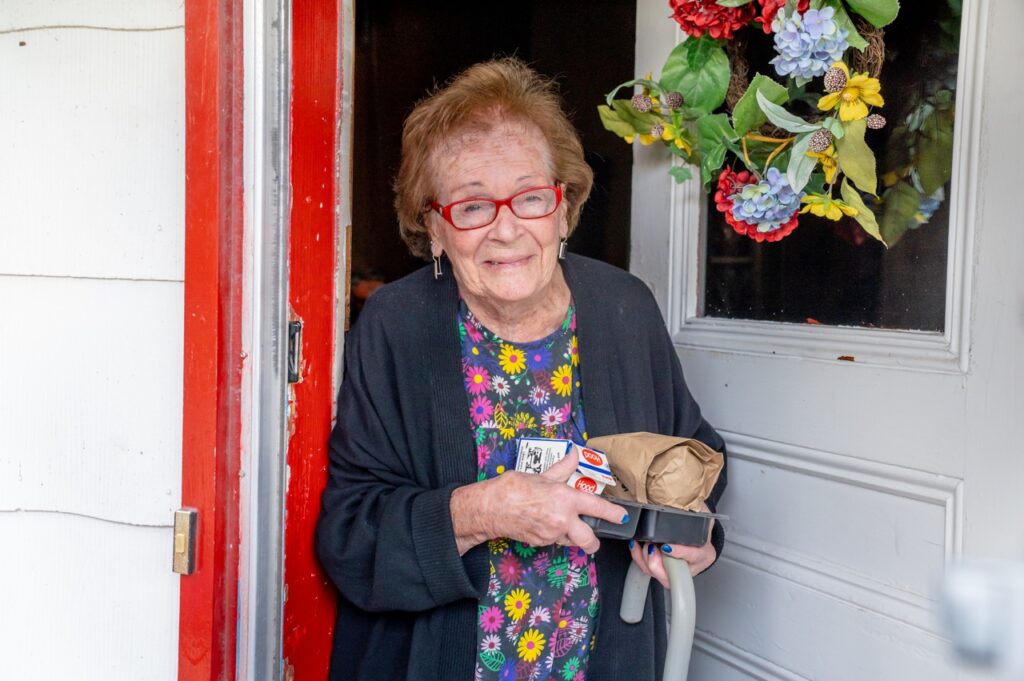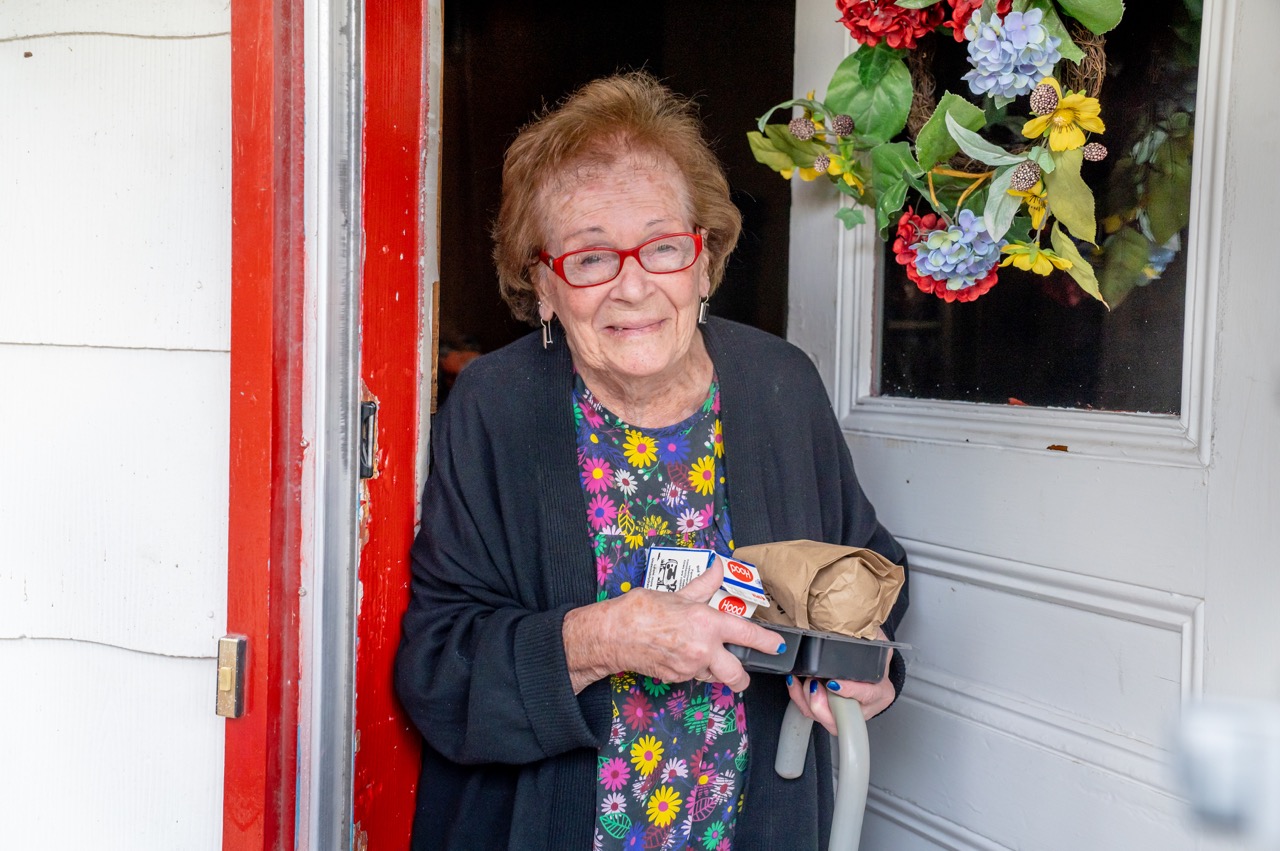
Age Well and the American Society on Aging (ASA) celebrate Ageism Awareness Day on October 9, 2025. Modeled after the United Nations’ International Day of Older Persons (October 1), this day shines a spotlight on the existence and impact of ageism in society. This year’s theme emphasizes the diverse and meaningful experiences of aging—countering the myth that age defines identity.
“Aging is a universal experience, but it happens in different ways for different people. Too often, we focus on what we lose and assume that everyone who is older shares the same concerns. That’s simply not true. Society is stronger when we embrace the many different voices and perspectives that make us who we are. Our age adds to that richness and should be viewed as an asset,” said Leanne Clark Shirley, PhD, President and CEO of the American Society on Aging.
Ageism—one of the most socially accepted forms of prejudice—is defined by the World Health Organization as “the stereotypes (how we think), prejudices (how we feel), and discrimination (how we act) toward others or oneself based on age.” It affects people of all ages whenever assumptions are made about them simply because of how old they are.
Ageism can be found everywhere—from workplaces and health systems to entertainment, advertising, and media. Despite many pervasive myths about aging, the reality is quite different:
Common Myths About Aging
• Myth: If I avoid aging, I’ll be happier and healthier.
Reality: Changing negative perceptions about aging can improve quality of life and even increase lifespan by up to 7.5 years.
• Myth: Aging is the same for everyone.
Reality: The aging experience varies widely based on genetics, policies, culture, and access. Ageism often intersects with other forms of discrimination.
• Myth: Older adults can’t learn new things or are hoarding wealth.
Reality: Older adults are diverse in skills, beliefs, and income. Lifelong learning and growth happen at every age.
• Myth: Generational divides are deep and unbridgeable.
Reality: We often share more across generations than we think. Intergenerational collaboration benefits everyone.
“The American Society on Aging and our members, partners, and allies are committed to raising awareness about ageism and its harm. Together, we’re advancing a more complete narrative—one that recognizes the many ways people experience aging—while working to break down barriers. Join us in shaping a future where everyone can grow older on their own terms,” said Leanne Clark-Shirley, PhD.
About the American Society on Aging
The American Society on Aging unites, empowers, and champions professionals working in the field of aging. Since 1954, ASA has built the nation’s largest, most diverse community of aging professionals. ASA cultivates leadership, advances knowledge, and strengthens the skills of those working with and on behalf of older adults. To learn more, visit: www.asaging.org
About Age Well
For over 50 years, Age Well has been a trusted leader and advocate for aging in Northwestern Vermont. We believe true health happens at home and is rooted in lifestyle, happiness, and overall wellness—not defined by age. Our programs support daily living and promote independence through nutritious meal delivery, in-home care coordination, Medicare and insurance guidance, case management, wellness activities, and more.
Supported by a dedicated team of professionals and over 1,000 volunteers, Age Well enhances quality of life and breaks down barriers for older Vermonters. In 2024 alone, we delivered over 300,000 meals, provided case management and volunteer support—including friendly visitor programs reaching 15,000 older adults to combat loneliness—and helped individuals access vital resources such as fuel assistance, weatherization, and emergency financial aid. Through innovation and compassionate care, Age Well empowers older adults to live healthier, fuller lives in their communities. Learn more at agewellvt.org.








Comment here